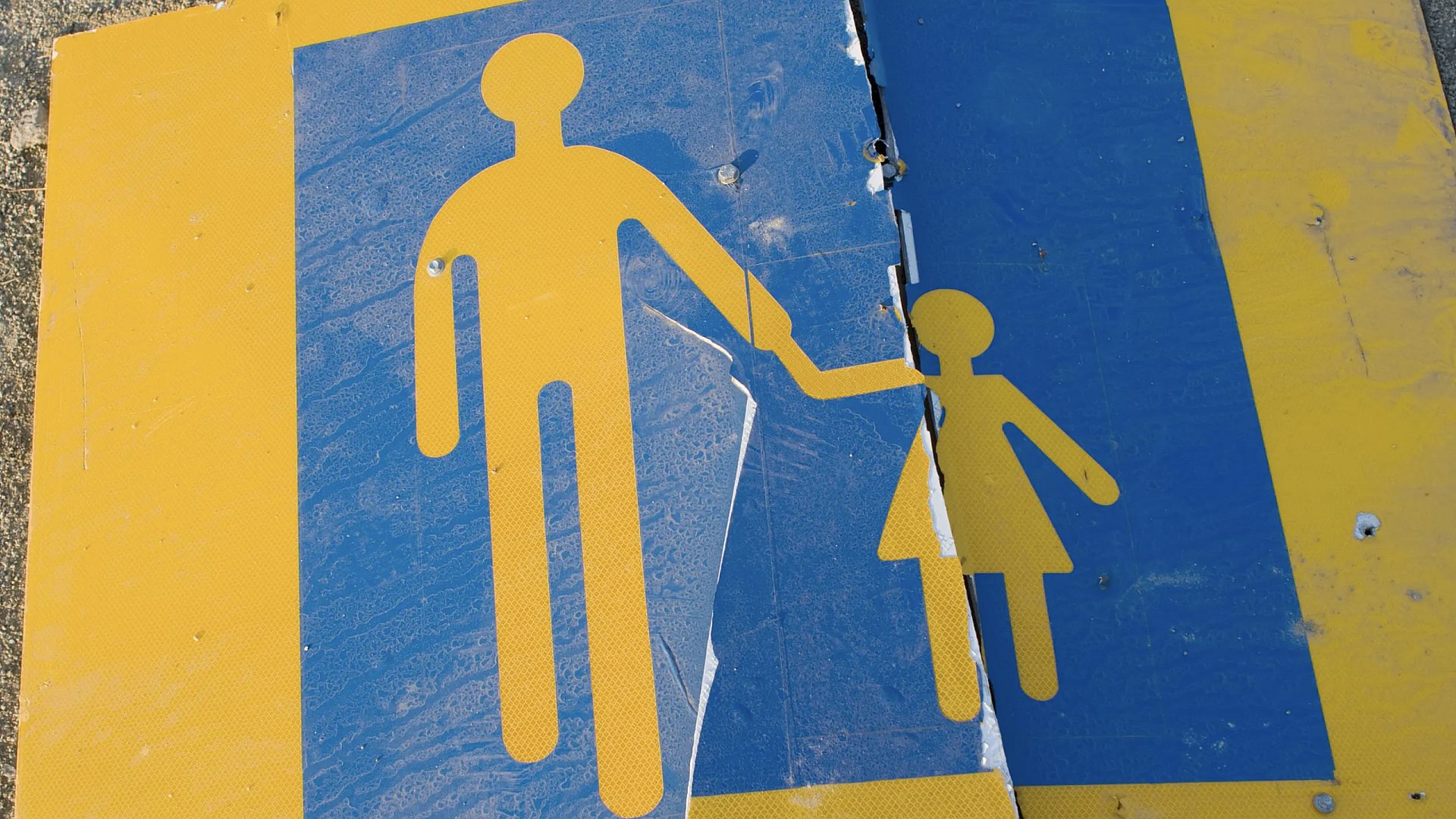News
Family Separation Because of Incarceration and Detention at the Border Is Taking a Toll on Children
The incarceration of a parent is an adverse childhood experience, which elevates children’s risk for experiencing negative [physical] and mental health outcomes.

Child separation in the U.S. is nothing new, and it’s not exclusive to the border. According to the Sentencing Project, more than 5.7 million children — or a little over 8% of the total U.S. child population — have been separated from their parents due to incarceration. Though circumstances differ when it comes to immigrant families, the argument for their separation is that those individuals are also breaking the law. As such, the effects on both groups of children are similar, and both need support.
“Just being separated from a parent is something that can stick with someone forever,” Allison Hollihan, senior policy manager at the Osborne Association, a New York–based nonprofit organization that provides services to people who are incarcerated and their families, tells Teen Vogue. “The incarceration of a parent is an adverse childhood experience, which elevates children’s risk for experiencing negative [physical] and mental health outcomes.”
Jessica Dym Bartlett, a child trauma expert at Child Trends, tells Teen Vogue that the clinical presentation of both of these groups of children is similar to those who have lost a parent to death, yet the challenges are very different. “Children are still left with hope to be reunited, which can complicate their ability to cope and adjust to everyday reality,” she says.
Whether they’ve been separated due to immigration or incarceration, these children are in limbo, often unsure where their parents are or if they’ll be reunited. “It’s a severe psychological toll to lose the person they rely on to feel safe in the world,” Bartlett says.
Read the full article by See Us Support Us partner Pam Brunskill on child separation here.